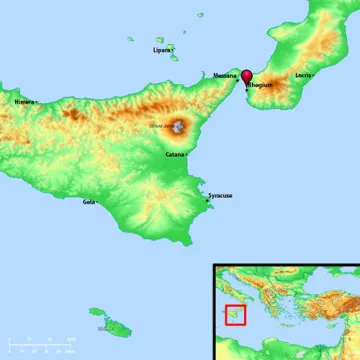The Epistles of Paul - Romans Part 10, 06-13-2014: The Gift of the Spirit is Genetic
The Epistles of Paul - Romans Part 10: The Gift of the Spirit is Genetic, 06-13-2014
In Romans chapter 5 Paul described how not only the children of Israel but even the entire Adamic race has a sure promise of eternal life in Christ. In chapter 6 Paul explained that obedience to the law remains necessary in spite of the fact that men would not be judged by the law. In chapter 7 Paul explained how Israel was freed from the law in Christ, and also explained how the law should encourage men not to sin, how by it men should learn the nature and consequences of sin, and how it should help men to understand their own sinful nature whether they succeed or fail on any given occasion, as opposed to their spiritual nature by which they can overcome sin and the weaknesses of the flesh. The law being spiritual, those with the Spirit of Yahweh can indeed conform themselves to the law, and agree with it even though there may be times when they fail, being in the flesh. These things are necessary to recall, since Romans chapter 8 in its entirety is a long conclusion to the several chapters which precede it. Romans chapter 8 both concludes and also confirms many of the things which Paul had said in the previous chapters.

 The end of Acts chapter 27 left us at the end of a shipwreck, as after several weeks of struggling through apparently early Winter storms, the ship carrying Paul, Luke and Aristarchus is finally run aground on an island. The nature of the wreck indicates to us the size of the ship, as evidently it could not get very close to the shore since the men had to make a swim for it, and they were not certain whether they could all make it safely. One manuscript, the Codex Vaticanus, tells us that 76 people were on board, and the Codex Alexandrinus tells us 275, however the preponderance of the manuscripts tell us that there were 276 men on board the ship. Some of these were crewmen, and some were soldiers in the company of the centurion, Julius.
The end of Acts chapter 27 left us at the end of a shipwreck, as after several weeks of struggling through apparently early Winter storms, the ship carrying Paul, Luke and Aristarchus is finally run aground on an island. The nature of the wreck indicates to us the size of the ship, as evidently it could not get very close to the shore since the men had to make a swim for it, and they were not certain whether they could all make it safely. One manuscript, the Codex Vaticanus, tells us that 76 people were on board, and the Codex Alexandrinus tells us 275, however the preponderance of the manuscripts tell us that there were 276 men on board the ship. Some of these were crewmen, and some were soldiers in the company of the centurion, Julius.




 Please click here for our mailing list sign-up page.
Please click here for our mailing list sign-up page.







